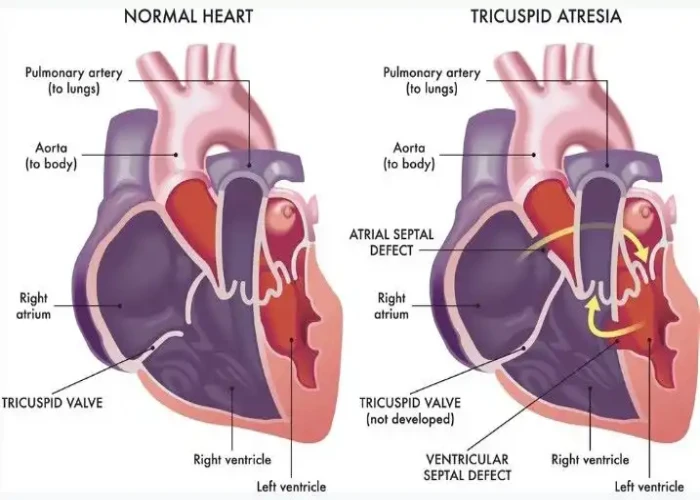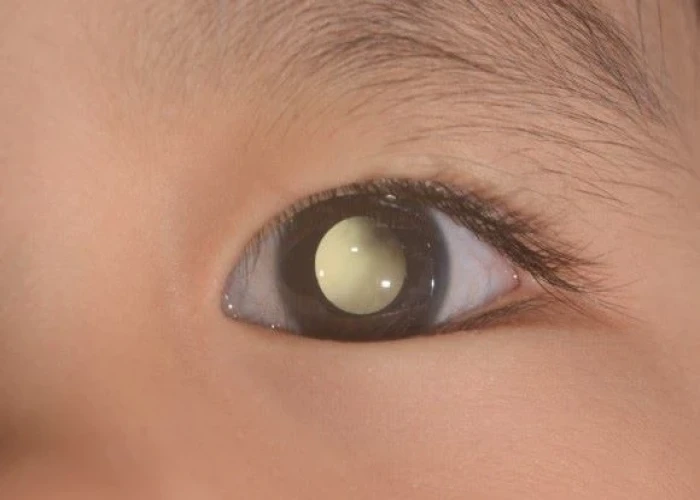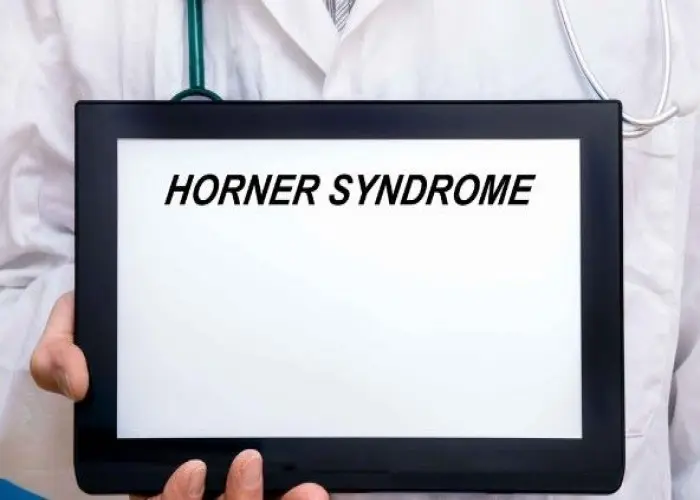 Welcome
Welcome
“May all be happy, may all be healed, may all be at peace and may no one ever suffer."
Graves' disease

Graves' disease is an autoimmune disorder that causes the thyroid gland to produce too much thyroid hormone, a condition known as hyperthyroidism. The condition is named after the doctor who first described it, Robert J. Graves.
The exact cause of Graves' disease is not known, but it is thought to be related to a malfunction of the immune system, which causes the body to produce antibodies that stimulate the thyroid gland. The condition is more common in women than men and is often diagnosed in middle age.
Symptoms of Graves' disease can include weight loss, increased appetite, anxiety, irritability, tremors, heat intolerance, and increased sweating. Graves' disease can also cause eye problems, such as bulging eyes and double vision, which are known as Graves's ophthalmopathy.
Diagnosis of Graves' disease typically involves a combination of blood tests, imaging studies, and physical examination. Treatment options for Graves' disease can include medications to regulate the production of thyroid hormones, such as antithyroid drugs or beta blockers. In some cases, radioiodine therapy or surgery to remove the thyroid gland may be recommended.
While there is no cure for Graves' disease, treatment can help manage symptoms and prevent serious complications, such as heart problems and osteoporosis. It is important to work closely with a healthcare professional to develop a treatment plan and monitor the condition over time.
Research Papers
Disease Signs and Symptoms
- Anxiety
- Double vision (diplopia)
- Irregular heartbeats (arrhythmia)
- Red skin
- Fatigue (Tiredness)
- Frequent bowel movements
- Absent or irregular menstrual periods
- An enlarged thyroid gland (goiter), which may appear as a swelling at the base of the neck
- Goiter
- Weight loss
- Heat sensitivity and an increase in perspiration or warm, moist skin
- Tremor of hands or fingers
- Irritability
- Blurred vision of eye
Disease Causes
Graves' disease
Graves' disease is caused by a malfunction in the body's disease-fighting immune system. It's unknown why this happens.
The immune system normally produces antibodies designed to target a specific virus, bacterium or other foreign substance. In Graves' disease — for reasons that aren't well understood — the immune system produces an antibody to one part of the cells in the hormone-producing gland in the neck (thyroid gland).
Normally, thyroid function is regulated by a hormone released by a tiny gland at the base of the brain (pituitary gland). The antibody associated with Graves' disease — thyrotropin receptor antibody (TRAb) — acts like the regulatory pituitary hormone. That means that TRAb overrides the normal regulation of the thyroid, causing an overproduction of thyroid hormones (hyperthyroidism).
Cause of Graves' ophthalmopathy
Graves' ophthalmopathy results from a buildup of certain carbohydrates in the muscles and tissues behind the eyes — the cause of which also isn't known. It appears that the same antibody that can cause thyroid dysfunction may also have an "attraction" to tissues surrounding the eyes.
Graves' ophthalmopathy often appears at the same time as hyperthyroidism or several months later. But signs and symptoms of ophthalmopathy may appear years before or after the onset of hyperthyroidism. Graves' ophthalmopathy can also occur even if there's no hyperthyroidism.
Disease Prevents
Disease Treatments
The treatment goals for Graves' disease are to stop the production of thyroid hormones and to block the effect of the hormones on the body. Some treatments include:
Radioactive iodine therapy
With this therapy, you take radioactive iodine (radioiodine) by mouth. Because the thyroid needs iodine to produce hormones, the thyroid takes the radioiodine into the thyroid cells and the radiation destroys the overactive thyroid cells over time. This causes your thyroid gland to shrink, and symptoms lessen gradually, usually over several weeks to several months.
Radioiodine therapy may increase your risk of new or worsened symptoms of Graves' ophthalmopathy. This side effect is usually mild and temporary, but the therapy may not be recommended if you already have moderate to severe eye problems.
Other side effects may include tenderness in the neck and a temporary increase in thyroid hormones. Radioiodine therapy isn't used for treating pregnant women or women who are breast-feeding.
Because this treatment causes thyroid activity to decline, you'll likely need treatment later to supply your body with normal amounts of thyroid hormones.
Anti-thyroid medications
Anti-thyroid medications interfere with the thyroid's use of iodine to produce hormones. These prescription medications include propylthiouracil and methimazole (Tapazole).
Because the risk of liver disease is more common with propylthiouracil, methimazole is considered the first choice when doctors prescribe medication. However, propylthiouracil is the preferred anti-thyroid drug during the first trimester of pregnancy, as methimazole has a slight risk of birth defects. Pregnant women will generally go back to taking methimazole after the first trimester.
When these two drugs are used alone without other treatments, a relapse of hyperthyroidism may occur at a later time. Taking either drug for longer than a year may result in better long-term results. Anti-thyroid drugs may also be used before or after radioiodine therapy as a supplemental treatment.
Side effects of both drugs include rash, joint pain, liver failure or a decrease in disease-fighting white blood cells.
Beta blockers
These medications don't inhibit the production of thyroid hormones, but they do block the effect of hormones on the body. They may provide fairly rapid relief of irregular heartbeats, tremors, anxiety or irritability, heat intolerance, sweating, diarrhea, and muscle weakness.
Beta blockers include:
- Propranolol (Inderal, InnoPran XL)
- Atenolol (Tenormin)
- Metoprolol (Lopressor, Toprol-XL)
- Nadolol (Corgard)
Beta blockers aren't often prescribed for people with asthma because the drugs may trigger an asthma attack. These drugs may also complicate management of diabetes.
Surgery
Surgery to remove all or part of your thyroid (thyroidectomy or subtotal thyroidectomy) also is an option for the treatment of Graves' disease. After the surgery, you'll likely need treatment to supply your body with normal amounts of thyroid hormones.
Risks of this surgery include potential damage to the nerve that controls your vocal cords and the tiny glands located adjacent to your thyroid gland (parathyroid glands). Your parathyroid glands produce a hormone that controls the level of calcium in your blood. Complications are rare under the care of a surgeon experienced in thyroid surgery. You'll need to take thyroid medication for life after this surgery.
Treating Graves' ophthalmopathy
Mild symptoms of Graves' ophthalmopathy may be managed by using over-the-counter artificial tears during the day and lubricating gels at night. If your symptoms are more severe, your doctor may recommend:
- Corticosteroids. Treatment with corticosteroids, such as prednisone, may lessen swelling behind your eyeballs. Side effects may include fluid retention, weight gain, elevated blood sugar levels, increased blood pressure and mood swings.
- Teprotumumab (Tepezza). This medication may be used to treat Graves' ophthalmopathy. It's given through an IV in the arm every three weeks and is given eight times. It can cause side effects such as nausea, diarrhea, muscle spasms and elevated blood sugar levels. As this medication is new, its role in the management of Graves' opthalmopathy isn't yet defined.
- Prisms. You may have double vision either because of Graves' disease or as a side effect of surgery for Graves' disease. Though they don't work for everyone, prisms in your glasses may correct your double vision.
- Orbital decompression surgery. In this surgery, your doctor removes the bone between your eye socket (orbit) and your sinuses — the air spaces next to the orbit. This gives your eyes room to move back to their original position.
- This treatment is usually used if pressure on the optic nerve threatens the loss of vision. Possible complications include double vision.
- Orbital radiotherapy. This was once a common treatment for this condition, but the benefits aren't clear. It uses targeted X-rays over the course of several days to destroy some of the tissue behind your eyes. Your doctor may recommend this if your eye problems are worsening and corticosteroids alone aren't effective or well tolerated.
Graves' ophthalmopathy doesn't always improve with treatment of Graves' disease. Symptoms of Graves' ophthalmopathy may even get worse for three to six months. After that, the signs and symptoms of Graves' ophthalmopathy usually become stable for a year or so and then begin to get better, often on their own.
Disease Diagnoses
Disease Allopathic Generics
Disease Ayurvedic Generics
Disease Homeopathic Generics
Disease yoga
Graves' disease and Learn More about Diseases

Heart arrhythmia

Thoracic outlet syndrome

Tricuspid atresia

Retinoblastoma

Calciphylaxis

Horner syndrome

Migraine

Phenylketonuria (PKU)
Graves' disease, গ্রাবস রোগ, কবর রোগ
To be happy, beautiful, healthy, wealthy, hale and long-lived stay with DM3S.
